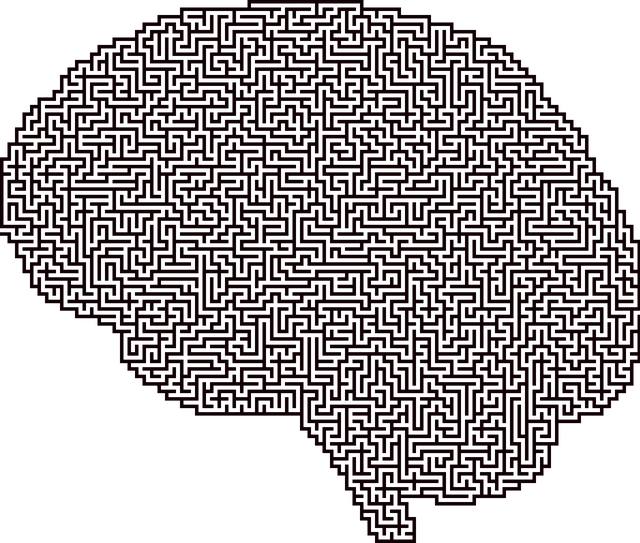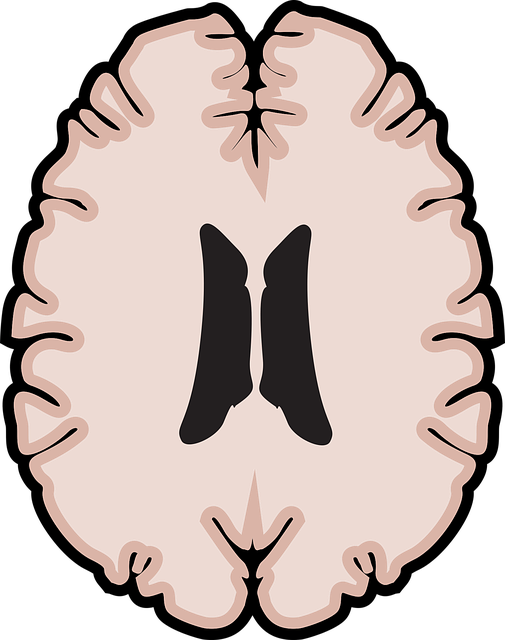Highlands Ranch Neuro Disorders Therapy provides compassionate bereavement counseling for individuals experiencing significant loss. Their specialized approach incorporates tailored coping tools, self-care practices, and risk management planning to navigate complex emotions and the mind-body connection. Through interactive discussions, journaling, and community outreach, they empower clients to heal, find meaning in their grief journey, and maintain optimal mental wellness while addressing unique challenges like emotional shifts, sleep disturbances, and cultural sensitivity in a supportive environment.
Loss, grief, and bereavement are universal experiences that can profoundly impact an individual’s well-being. This comprehensive guide explores these complex emotions, offering insights into their understanding and effective coping strategies. We delve into the transformative power of counseling, particularly highlighting the unique approach of Highlands Ranch Neuro Disorders Therapy, which supports grievers in navigating difficult landscapes post-loss. By addressing common challenges, this article empowers individuals to heal and grow amidst life’s tragedies.
- Understanding Loss, Grief, and Bereavement: A Comprehensive Overview
- The Role of Counseling in Navigating Difficulties After Loss
- Highlands Ranch Neuro Disorders Therapy: An Approach to Support Grieving Individuals
- Common Challenges Faced During the Grieving Process
- Effective Strategies for Healing and Growth After Loss
Understanding Loss, Grief, and Bereavement: A Comprehensive Overview

Understanding loss, grief, and bereavement is a complex process that involves acknowledging and processing the emotional impact of significant life changes or deaths. At Highlands Ranch Neuro Disorders Therapy, we recognize that each individual’s experience with loss is unique, shaped by personal history, cultural background, and coping mechanisms. Loss can stem from various sources, including the death of a loved one, major life transitions, chronic illnesses, or traumatic events, leading to profound emotional distress and a range of reactions.
Grief, a natural response to loss, manifests in diverse ways and often includes feelings of sadness, anger, guilt, and confusion. This process is not linear; it can be sporadic and intense at times, with periods of relative calm. Mental health professionals play a crucial role in supporting individuals through these challenging times, offering tools for coping, self-care practices, and risk management planning to navigate the complexities of bereavement. Additionally, mental wellness coaching programs development can enhance support systems, enabling individuals to find meaning and resilience amidst their grief.
The Role of Counseling in Navigating Difficulties After Loss

After a significant loss, counseling offers a safe and supportive space for individuals to process their emotions and navigate the complexities of grief. This is especially crucial in communities like Highlands Ranch Neuro Disorders Therapy, where individuals may face unique challenges related to loss. Counseling provides expert guidance on managing intense feelings, facilitating healthy coping mechanisms, and promoting mental wellness. Through interactive discussions and tailored exercises, therapists help clients understand and work through their grief journey.
The process of bereavement counseling incorporates various effective techniques such as journaling exercises to reflect on personal experiences, stress reduction methods for emotional regulation, and community outreach program implementations to foster social support. These strategies collectively empower individuals to find meaning, heal, and adapt to life after loss while maintaining optimal mental wellness.
Highlands Ranch Neuro Disorders Therapy: An Approach to Support Grieving Individuals

In the face of loss, grief can feel like a complex labyrinth, and seeking support is a courageous step. Highlands Ranch Neuro Disorders Therapy offers a unique approach to assist individuals navigating this challenging period. This specialized therapy focuses on understanding the profound impact of grief, aiming to provide tools for coping with the profound emotional shifts that follow a significant loss. By delving into the mind-body connection, therapists help clients process their feelings and memories in a safe, supportive environment.
The therapy sessions are tailored to meet the specific needs of each individual, incorporating various techniques such as conflict resolution strategies and trauma support services. Through this process, grievers can learn burnout prevention methods, enabling them to manage stress and maintain resilience during their journey. By addressing both the mental and physical aspects of grief, Highlands Ranch Neuro Disorders Therapy strives to empower individuals to find healing and begin the process of moving forward with grace.
Common Challenges Faced During the Grieving Process

The grieving process is a complex journey filled with unique challenges for each individual. Many people struggling with loss often experience a myriad of emotions, including profound sadness, anger, guilt, and even relief. These feelings can be overwhelming and may manifest in various ways. Common challenges include difficulty sleeping or experiencing disrupted sleep patterns, changes in appetite, and a sense of isolation or disconnection from daily life. Some individuals might find themselves retracing memories related to the lost loved one, which can evoke both heartache and moments of clarity.
Highlands Ranch Neuro Disorders Therapy recognizes that these challenges are normal responses to loss. Depression Prevention is a significant concern during this time, as many grievers may struggle with low mood states that could escalate into more severe mental health issues if left unaddressed. Mental Health Education Programs Design can empower individuals to understand and manage their emotions better. Additionally, Healthcare Provider Cultural Competency Training is essential in ensuring sensitive and effective support for diverse populations experiencing bereavement.
Effective Strategies for Healing and Growth After Loss

Healing from loss is a deeply personal journey, but certain strategies have proven effective for many individuals seeking growth after grief. One key approach is to foster meaningful connections and build a supportive network. Sharing stories and connecting with others who have experienced similar losses can provide comfort and validation during the healing process. This sense of belonging and understanding can be particularly valuable in a safe and empathetic environment, such as those offered by Highlands Ranch Neuro Disorders Therapy.
Additionally, incorporating self-care practices into daily routines is essential for managing loss grief. Engaging in activities that nurture mental and physical well-being, such as mindfulness exercises, creative pursuits, or spending time in nature, can help individuals process their emotions and cultivate resilience. The concept of cultural sensitivity in mental healthcare practice plays a vital role here, ensuring that therapeutic approaches are tailored to each individual’s unique cultural background and beliefs. Empathy building strategies, including active listening and non-judgmental support, empower individuals to explore and express their grief in a safe space, fostering healing and personal growth.
In light of the profound impact of loss, grief, and bereavement, understanding these processes and seeking professional support can be transformative. The article has explored these topics, highlighting the crucial role counseling plays in helping individuals navigate their emotions following a significant loss. Highlands Ranch Neuro Disorders Therapy offers a unique approach to support those in need, addressing both the mind and body during this challenging period. By recognizing common challenges and employing effective healing strategies, individuals can find growth and solace on their journey towards recovery.














